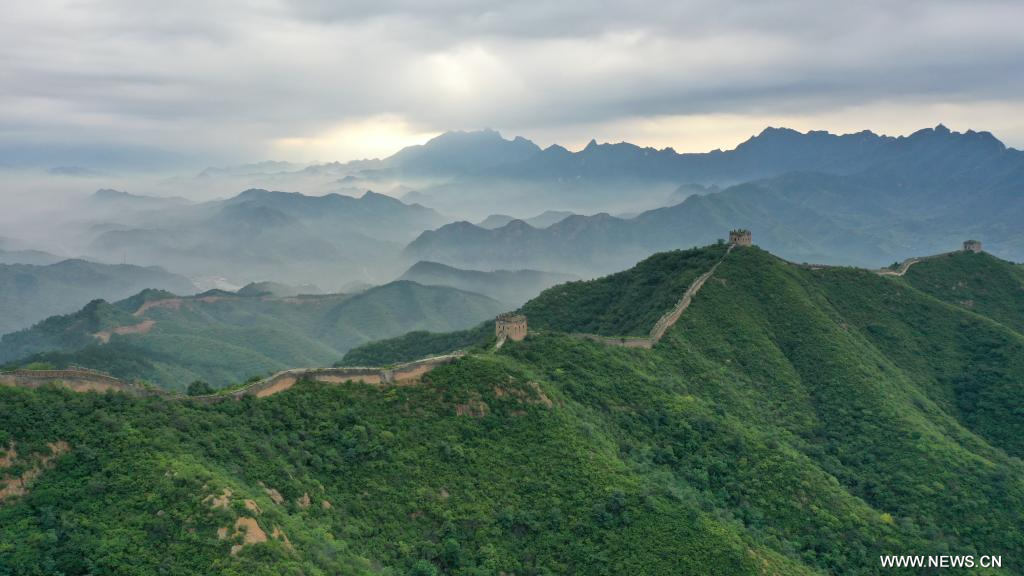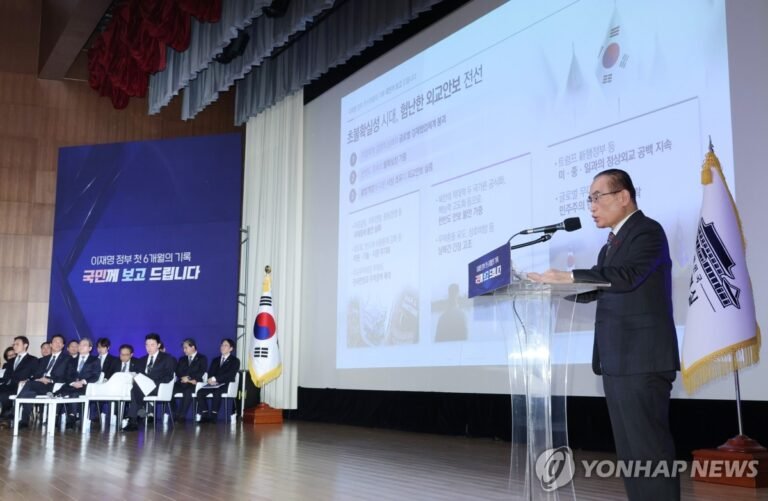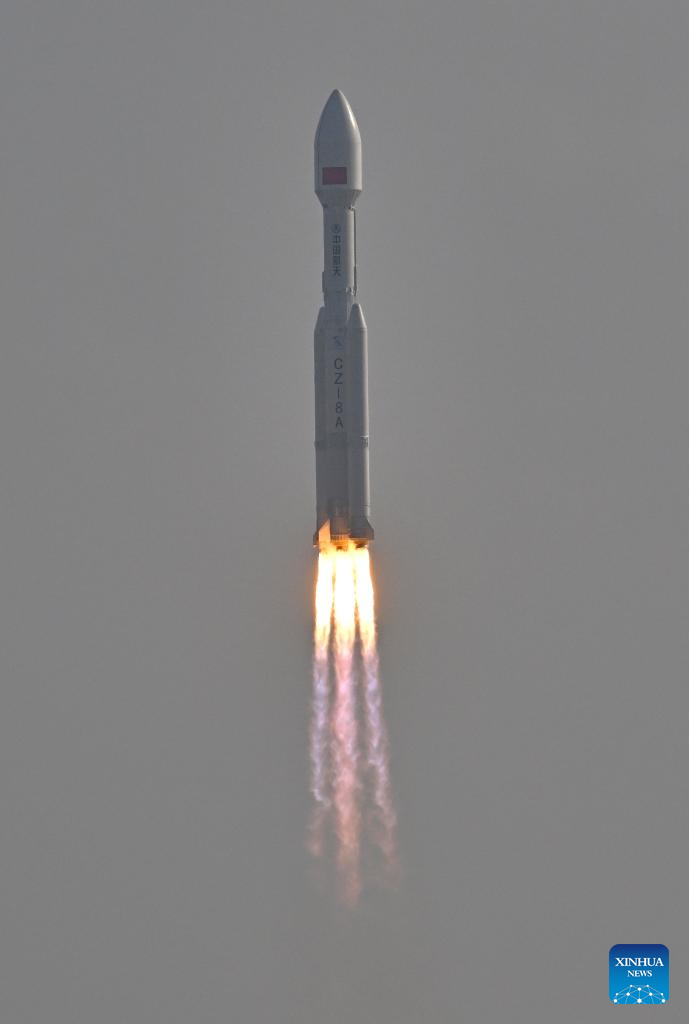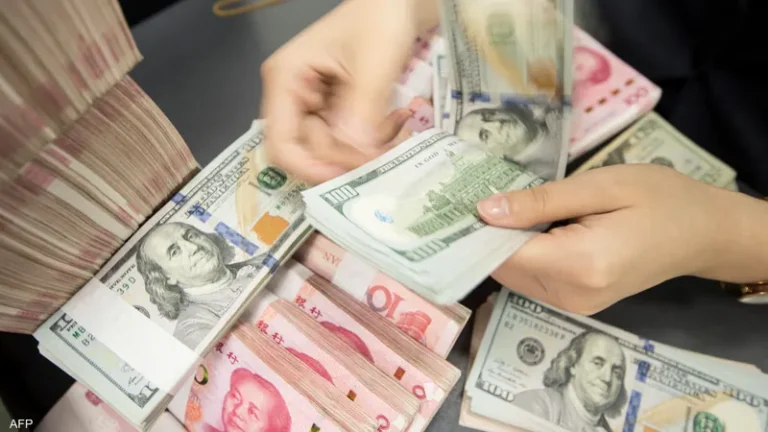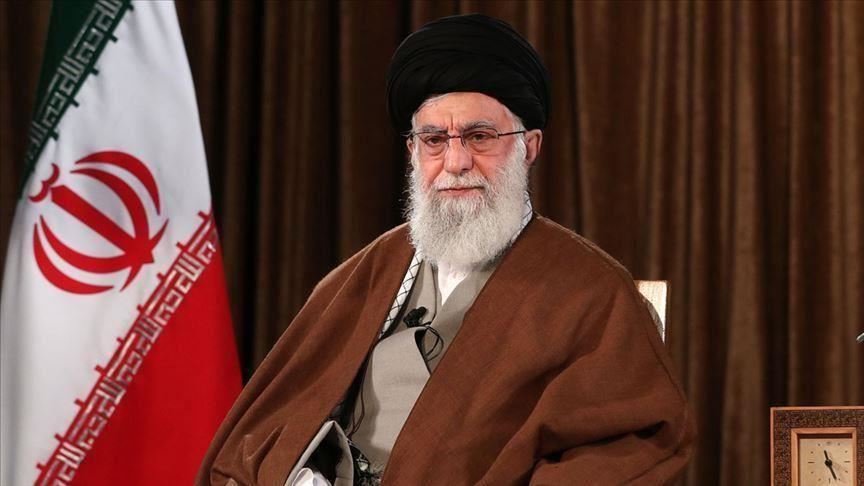
*Asian Affairs – Tehran – Prepared by Raghad Khaddour*
In recent years, Israel has adopted a strategy centered on precision assassinations, supported by intelligence and technological superiority, as an alternative to conventional wars that no longer achieve the deterrent objectives sought by Tel Aviv.
This shift is clearly evident in the recent Israeli strikes targeting the heart of the Iranian leadership – from the Chief of the General Staff and senior commanders of the Revolutionary Guard to nuclear scientists – culminating in a direct threat to assassinate the Supreme Leader, Ayatollah Ali Khamenei.
**Unprecedented Israeli Statements**
In an unusual move, Israel moved beyond mere hints. Prime Minister Benjamin Netanyahu publicly stated that he does not rule out targeting Khamenei, claiming that such an assassination would not lead to escalation but rather to “ending the conflict.”
Netanyahu told ABC News: “This won’t escalate the conflict; it will end it,” adding, “Israel is putting an end to Iranian aggression by preventing them from obtaining a nuclear bomb.”
Israeli Defense Minister Israel Katz indicated that Israel “will strike the Iranian dictator wherever he is,” referring to Khamenei and threatening a fate similar to that of the late Iraqi President Saddam Hussein.
For his part, Israeli Foreign Minister Gideon Sa’ar noted that “changing the Iranian regime is not a goal, but it could be a potential outcome of the war.”
Israeli President Isaac Herzog did not dismiss the idea. Instead, he held Khamenei responsible for what he described as a “diabolical infrastructure of terrorism,” telling CNN: “If we want global stability, nuclear weapons must be taken away from Tehran… Khamenei is leading a global terrorist system.”
**Israeli Motivations…**
Amid this military escalation, questions arise about Israel’s motives behind threatening to assassinate Khamenei. Experts believe this stems from several reasons, including:
* **Internal Israeli frustration:** The failure in Gaza and the inability to halt Iranian missile attacks have pushed Netanyahu to seek an “external battle” to improve his political image, especially given the pressure from international courts and his deteriorating domestic standing.
* **Strategic setback:** Iran’s shocking response and attacks reaching deep into Israeli territory, destroying areas south of Tel Aviv and Haifa, and striking Mossad and “Aman” (Military Intelligence Directorate) headquarters constituted a strategic blow. This prompted Israel to attempt “decapitation” by targeting the supreme leadership.
**Iranian Preparations for Worst-Case Scenarios…**
In Tehran, emergency plans have been prepared to manage the country in the event of major assassinations being carried out, according to the Fars news agency citing informed Iranian sources. These plans include “the existence of ten replacements for every sensitive position to ensure leadership continuity without disruption,” as part of preparations for what the sources call “worst-case scenarios.” This implicitly signals the possibility of the Supreme Leader’s assassination.
**Mechanism for Selecting the Supreme Leader…**
The Supreme Leader of the Islamic Republic of Iran is chosen by the Assembly of Experts. Established in 1983 based on Article 107 of the Constitution, its members are directly elected by the people for eight-year terms after undergoing a rigorous vetting process by the Guardian Council.
Articles 108 and 109 of the Constitution stipulate required qualifications, including: mastery of Islamic jurisprudence, justice, piety, political and social insight, and administrative and leadership capabilities. When the position becomes vacant, the Assembly convenes as soon as possible to select a successor from among prominent religious jurists based on scholarly standing and popularity.
**Potential Candidates…**
The Assembly of Experts has formed a secret committee of three members whose primary task is to compile a list of potential names to succeed the Supreme Leader, under Khamenei’s direct supervision, according to Iranian sources. Their identities and those of the candidates remain secret, disclosed only to senior clerics based on academic record and religious and political reputation.
Prominent names circulating include:
* **Mojtaba Khamenei:** The current Leader’s son, considered the strongest internal candidate due to his prominent behind-the-scenes role in policymaking since the early 2000s.
* **Ayatollah Ali Reza Arafi:** Deputy Chairman of the Assembly of Experts, member of the Guardian Council, and Friday Prayer Imam of Qom. He holds official religious authority and is considered one of Khamenei’s trusted men.
* **Ayatollah Hashem Hosseini Bushehri:** First Deputy Chairman of the Assembly of Experts, head of the Qom Seminary Teachers’ Association, and a recognized mujtahid (Islamic jurist) in Qom.
**Potential Consequences…**
Observers warn that carrying out Khamenei’s assassination could ignite a full-scale regional war. It could potentially lead to:
* An angry public reaction inside Iran, uniting the domestic front behind the new leadership under the slogan “Revenge for the Martyred Leader.”
* A catastrophic military response targeting Tel Aviv, Dimona, and US facilities in the Gulf.
* An internationalization of the conflict, transforming it into a direct confrontation between Iran and the United States, amid international division between supporters of Israel and opponents of escalation.
Israel is brandishing dangerous cards in an extremely sensitive game. If the assassination of Qasem Soleimani triggered a new phase of escalation, assassinating Khamenei could explode the entire region.
However, according to statements by its officials, Iran is not caught off guard by these possibilities. It has prepared itself for “personnel-bypassing scenarios” to ensure the continuity of the ideological-military state.
**The question remains:** Will Israel proceed with this unprecedented escalation? Or will mutual deterrence and the calculations of global powers keep the
threat confined to psychological warfare?

